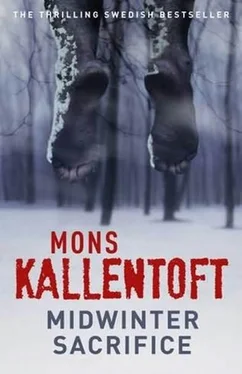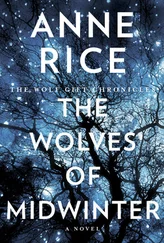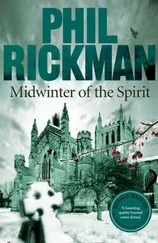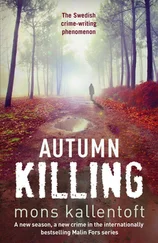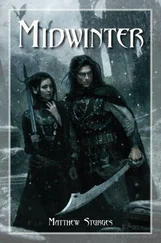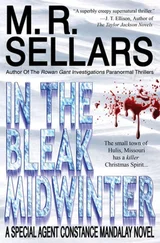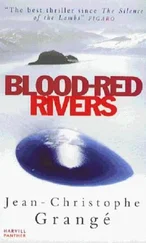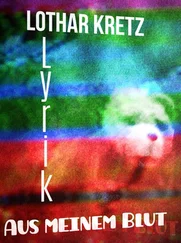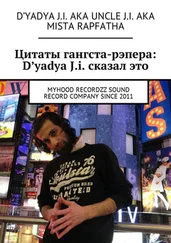The patch of gravel.
Edged with walls and remains from the twelfth century.
I’ve landed there now and I can see what you must have seen, Jakob. What did the sight do to you? But everything had already happened long, long before then, hadn’t it? And I think you’re doing what has to be done, just as I’m doing now.
But it isn’t your voice that’s strongest here. That’s Adam’s, and what he says sounds sensible and mad at the same time, as despairing and obvious as the winter cold.
What’s ours is ours, and no one can take it from us, Adam.
Mother’s voice with no space for me.
I was probably two the first time I realised that Dad hit him, that there was someone who was always there, but who was only there to be hit.
There is an obvious quality to violence that doesn’t exist in anything else. Drink your skull to pieces, smash a skull to pieces, smash to pieces, smash apart.
That’s how it is.
I smash things apart.
Mother.
She also likes things to be obvious.
Doubt, she says, isn’t for us.
It was different with the new kid.
He didn’t know.
Turkish. Came to our class in year five. From Stockholm. His mum and dad had got jobs in chocolate heaven. He must have thought he could mess me about. I was the little one, after all, the one on the edge, with all the stains on his clothes, the one you could, well, do what you liked with, just to prove you were someone in the new place.
So he hit me.
Or tried to.
He used some fucking judo technique and got me down, then he punched me until my nose started to bleed, and then, just when I was about to fly at him again, the teacher and the caretaker and the PE teacher, Björklund, showed up.
My brothers got to hear about it.
The Turk lived in Härna. We waited for him by the canal, under the birches by the water, hidden down the slope behind the tree trunks. The fool used to go home that way.
And he came, just as my brothers had planned.
They leapt up and knocked him off his bike and he was lying there in the gravel by the side of the canal, screaming and pointing at the tears in his jeans.
Jakob stared at him, Elias stared, and I stood by a birch tree and I remember wondering what was going to happen now, but I knew.
Elias started kicking the Turk’s bike, and when he tried to get up Jakob kicked him, first in the stomach and then in the mouth, and the Turk started whimpering and blood was coming out of the corners of his mouth.
And then I bent the bike frame and heaved the bike right out into the canal. And I ran up and kicked the Turk.
And I kicked.
Kicked.
Kicked.
His parents didn’t even report it to the cops.
They moved just a few weeks after that. At school they said they’d gone back to Turkey, but I don’t believe that. They were that other sort, Kurds. Like fuck would they have gone back.
On the way home from the canal I was sitting behind Elias on his Puch Dakota. I was holding on to his waist and the whole of his big body was vibrating, and Jakob was riding his moped next to us.
He smiled at me. I could feel warmth from Elias.
We were, we are, brothers.
One and the same.
Nothing odd about that.
It’s warm here. No one will find me.
The earth roof above me is a heavenly vault of its own. There are biscuit crumbs on the ground.
Is she hanging?
If not, I shall have to try again and again and again. Because if I get rid of the blood you’ll have to let me in. If I sacrifice it to you, you’ll let me in.
It was easier with him, Bengt. He was heavy, but not too heavy, and I drugged him by the car park up in Härna when he was walking past. I had my other car, the one I bought with a normal boot. Then the same as with her, brought out here by sledge.
But he died too soon.
The pulleys came from the factory. I’d disconnected the sensors in the server room before I cut a hole in the fence. Not easy. A coat on a hanger was me through the frosted glass when the guards walked past.
That night, in the forest, I took him. I drove out the blood, took away the blood, so you would let me in. I made it clean.
The chains, the noose. The sacrifice.
I had made a sacrifice for you.
But what happened with her?
I remember waking up in the field and she was gone. I snaked back to the car, crept in and managed to start it. I made my way back here.
But was she hanging in the tree?
Or was she somewhere else?
She must have been hanging. I drove out what was wrong, I made the sacrifice.
So you’ll soon be here to open the door.
You’ll be coming with love, won’t you?
What’s happened? What’s been done?
It smells of apples in my hole. Apples, biscuits and smoke.
The Philadelphia Church sign is illuminated in the middle of the day, as if to advertise: God is here! You just have to step inside and meet Him. The church building is right next to McDonald’s on the other side of Drottninggatan, and it has a faithful and well-heeled congregation. She remembers Free Church people from her sixth-form days. They were polite, wore fairly trendy clothes, but they were still geeks, or at least that was how she saw them. As if there were something missing. As if there were a remarkable hardness in all that fluff and softness. Like candy-floss with sharp tacks in.
Malin peers up the street.
Where’s Zeke?
She’s just called him, told him to pick her up outside the church, that they were going out to Collins to bring in Karl Murvall.
There’s the Volvo.
He pulls in, and before he has completely stopped the car Malin has opened the door and jumped into the passenger seat.
Zeke eager: ‘What did the psychologist say?’
‘I promised not to say.’
‘Malin,’ Zeke sighed.
‘But it was Karl Murvall who murdered Bengt Andersson and tried to murder Rebecka Stenlundh. There’s absolutely no doubt at all.’
‘How do you know that? Didn’t he have an alibi?’
Zeke is heading along Drottninggatan.
‘Female intuition. And what’s to say he couldn’t have disconnected the sensors with the help of the computer system, cut a hole in the fence surrounding Collins, and just crept out that night? That he didn’t sort out the business of the update beforehand?’
Zeke accelerates. ‘Okay, why not, maybe the sensors were controlled from inside that server room,’ he says. ‘But they saw him in the room.’
‘Maybe they only looked through the frosted glass,’ Malin says.
Zeke nods, says, ‘Family’s always worst, isn’t it?’
The gate at the entrance to the Collins site seems to have grown since they were last there, and the forest by the car park gives the impression that it’s got thicker, become more enclosed. The factory buildings slouch like the depressed barracks of an internment camp behind the fence, ready to be shipped off to China any day now, and filled with workers earning a hundredth of what those working inside currently earn.
You again, the guard at the gate seems to think. Won’t you ever stop asking me to open this hatch and let in the cold?
‘We’re looking for Karl Murvall,’ Malin says.
The guard smiles and shakes his head. ‘Then you’ve come to the wrong place,’ he says. ‘He was fired the day before yesterday.’
‘So he got fired. You don’t happen to know why? I don’t suppose you get to hear things like that?’ Zeke says.
The guard looks insulted. ‘Why does anyone get fired?’ he asks.
‘What do I know? You tell us,’ Zeke says.
‘In his case it was for strange and threatening behaviour against his work colleagues. Anything else you want to know?’
Читать дальше
